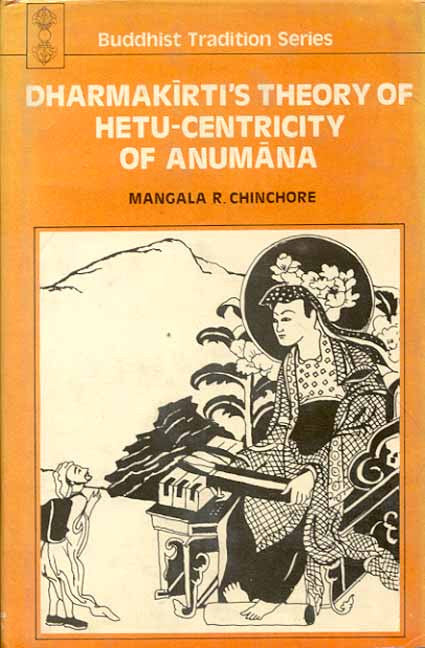Dharmakirti's Theory of Hetu-Centricity of Anumana
Dharmakirti's Theory of Hetu-Centricity of Anumana - Paperback is backordered and will ship as soon as it is back in stock.

Dharmakirti's Theory of Hetu-Centricity of Anumana - Paperback is backordered and will ship as soon as it is back in stock.
Nyaya and Buddhism as the two-important traditions of Indian Philosophical
Thought distinguished themselves through a detailed inquiry into various
aspects of Anumana. In both the traditions there flourished a long chain of
logicians of great reputation and profound scholarship. Particularly in the
Buddhist tradition Dharmakirti distinguished himself, through his scholarly
works, as a renowned logician and exerted influence alike both on his
adversaries and followers. Although he has discussed a number of issues
concerning Anumana in his different works, no systematic attempt has been
made to formulate and present Dharmakirti's unified theory of Anumana in
its various aspects. The present work undertakes to do this for the first
time in the world of Buddhist scholarship. Giving a sketch of the
conceptual framework of Dharmakirti's philosophy by way of background, it
discusses epistemic, constitutive and regulative conditions of Anumana
according to him, and dealing with the validity and, or soundness aspects
of Anumana along with Hetvabhasas it may give rise to, brings out their
important implications not only for Dharmakirti's philosophy but also for
Buddhist philosophy in general.
Review(s)
About the Author(s)
-
Pages
-
Edition
-
Size
-
Condition
-
Language
-
Weight (kg)
-
Publication Year
-
Country of Origin
-
Territorial Rights
-
Reading Age
-
HSN Code
-
Publisher




